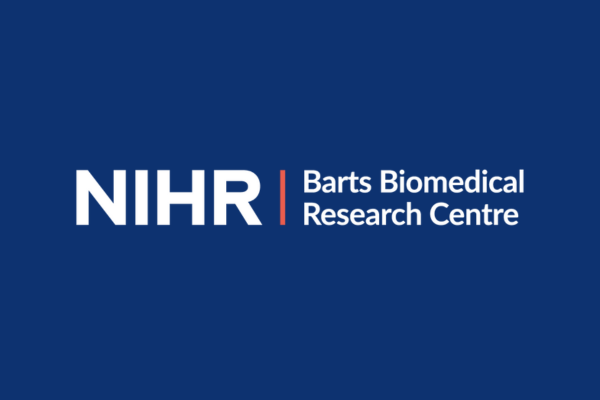Co-Theme Leads: Professor Costantino Pitzalis and Professor Xavier Griffin
Musculoskeletal (MSK) conditions affect over 14.9m people nationally, represent 20% of GP consultations and are the second biggest cause of sickness absence, costing the UK economy £7bn per year and £5bn per year directly to the NHS.
While biologic therapies have revolutionised management of rheumatoid arthritis, huge clinical challenges remain with 40% of patients reporting a poor therapeutic response, 10-20% remain refractory to all current medications leading to delayed disease control and disability. No biologics are currently available for Sjorgrens syndrome, while in osteoarthritis absence of disease-modifying therapy leads to >250,000 NHS prosthetic replacements per year.
Building off our first worldwide biopsy-driven, randomised-clinical trials and unique biomedical resource linking histological/molecular pathotypes to clinical and treatment response phenotypes; our multidisciplinary research team will apply multi-modality data integration to high burden, common MSK diseases to address major areas of unmet need.
Precision Musculoskeletal Care pioneered the selection of biologics tailored to patients’ synovial pathotype (Lancet 2021). We will combine deeper phenotyping and remote patient disease activity monitoring (see Precision Digital Health, Cardiovascular Devices and Trials), with pan-BRC digital pathology (with Cardiovascular and Cancer) and single cell multi-omic profiling, including a novel method of immune repertoire sequencing across a suite of funded trials with Manchester (joint MRC funding), Oxford (joint Versus Arthritis Osteoarthritis Centre), Bristol & Nottingham (Perioperative Care TRC).
Through deep clinical, biomechanical, molecular and imaging phenotyping we will drive AI analyses generating novel predictive algorithms to answer the research questions of:
- Who will rapidly progress and when? (precision detection/surveillance).
- Which cellular, molecular, bio-mechanical mechanisms/pathways underpin disease progression/treatment resistance for novel target identification? (precision pathogenesis/discovery).
- Who will respond/non-respond to current/novel medications? (precision stratification/therapy).
Key Clinicians and Researchers
Personalised healthcare, multi-omics & Clinical Trials:
- Professor Michele Bombardieri
- Professor Jack Cuzik
- Professor Rhian Gabe
- Professor Xavier Griffin
- Dr Myles Lewis
- Professor Dylan Morrissey
- Professor Costantino Pitzalis
- Dr William Marsh
Novel Therapeutics & Target Discovery:
In-vitro Testing/Organ-chip Models/Tissue-Engineering/Biomechanical-Imaging-Pain phenotyping:
